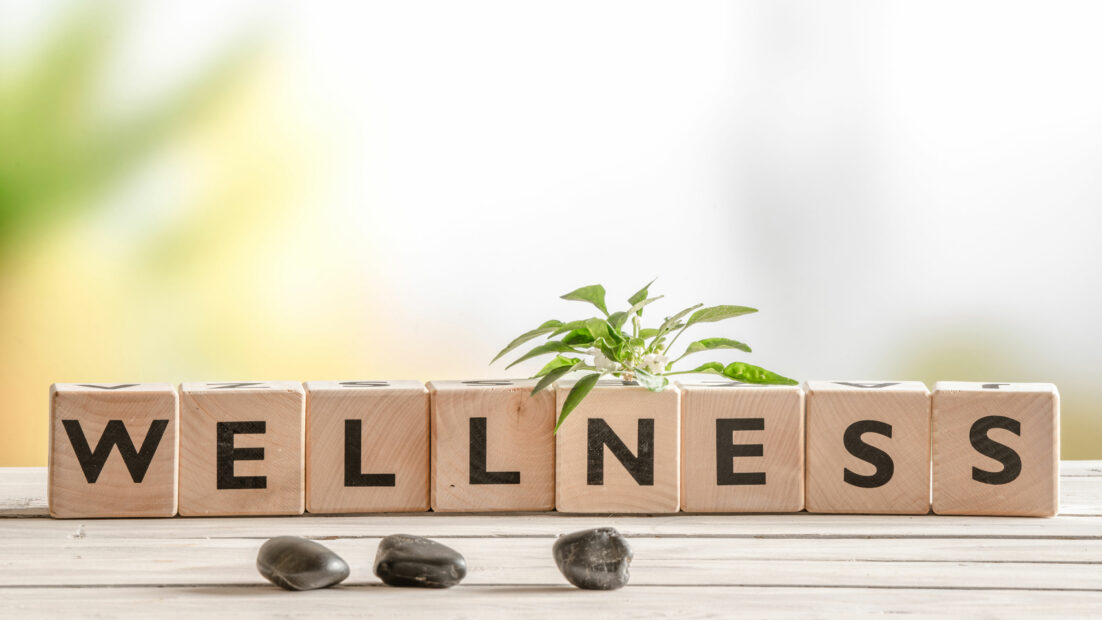Introduction
Iron, a vital mineral, plays a pivotal role in various bodily functions, supporting overall health and well-being. This comprehensive guide aims to explore the multifaceted benefits of iron, shedding light on its importance, sources, and the myriad ways it contributes to optimal health.
Understanding Iron
Iron is an essential mineral required for various physiological functions. It’s a critical component of hemoglobin, the protein in red blood cells responsible for carrying oxygen from the lungs to different parts of the body. Additionally, iron is involved in energy production, enzymatic reactions, and cell growth.
Oxygen Transport and Energy Production
The primary role of iron is in oxygen transport. Hemoglobin, laden with iron, binds to oxygen in the lungs and carries it through the bloodstream to tissues and organs, ensuring proper oxygenation. Iron is also integral to the formation of myoglobin, a protein in muscles that stores and releases oxygen for muscle function. Moreover, iron plays a part in cellular respiration, facilitating energy production within cells.
Red Blood Cell Formation and Anemia Prevention
Adequate iron is crucial for the production of red blood cells. Without enough iron, the body can’t produce sufficient hemoglobin, leading to a condition called anemia. Anemia results in fatigue, weakness, pale skin, and diminished cognitive function. Iron supplementation or dietary changes are often prescribed to combat anemia caused by iron deficiency.
Immune System Function and Cognitive Development
Iron is involved in the proper functioning of the immune system. It helps in the proliferation and maturation of immune cells, contributing to a robust defense against infections. Iron also plays a role in cognitive development, especially in infants and young children. Adequate iron intake during this stage is crucial for proper brain development and cognitive function.
Iron Sources and Considerations
Iron can be obtained from both animal and plant sources. Animal sources include red meat, poultry, fish, and shellfish, which contain heme iron—more easily absorbed by the body. Plant sources such as beans, lentils, tofu, spinach, and fortified cereals provide non-heme iron, which is less readily absorbed. Consuming vitamin C-rich foods alongside non-heme iron sources can enhance absorption. However, excessive iron intake, especially from supplements, can lead to iron overload and cause health complications.
Conclusion
Iron is an indispensable mineral crucial for various bodily functions, from oxygen transport to energy production, immune system function, and cognitive development. A balanced diet incorporating iron-rich foods is key to reaping the benefits of this essential mineral. While a deficiency in iron can lead to serious health issues, an excess can also cause harm. Therefore, understanding the significance of iron in the body and maintaining a balanced intake is vital for overall health and well-being. Consulting a healthcare provider or a nutritionist can provide guidance on maintaining an optimal intake of iron in line with individual health needs.
- Magnesium Unveiled A Comprehensive Guide to its Crucial Health Benefits - November 10, 2023
- Iron Unraveling Its Essential Role in Health and Wellness - November 10, 2023
- Benefits of Agrimony Supplements - November 10, 2023

